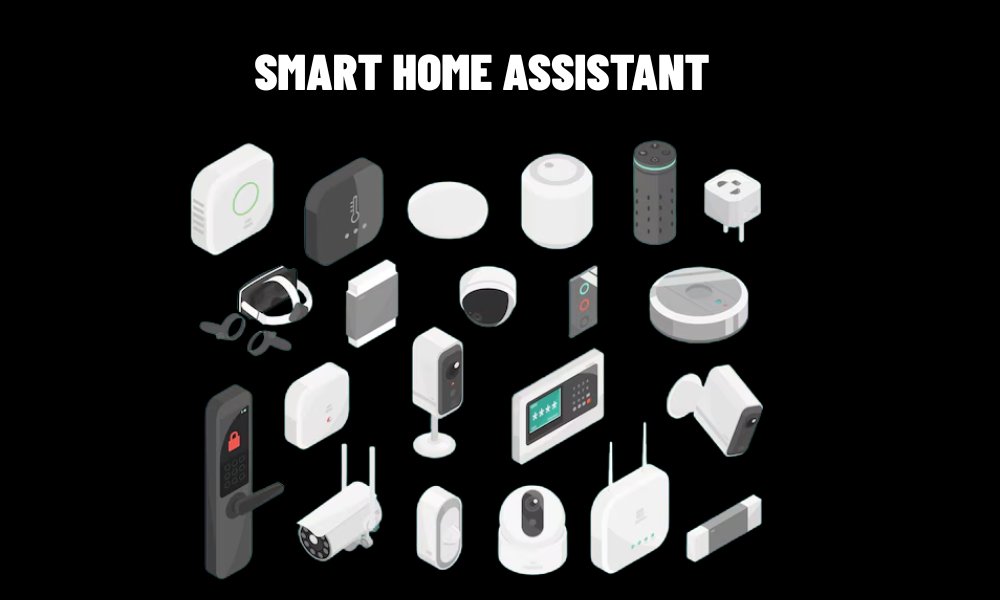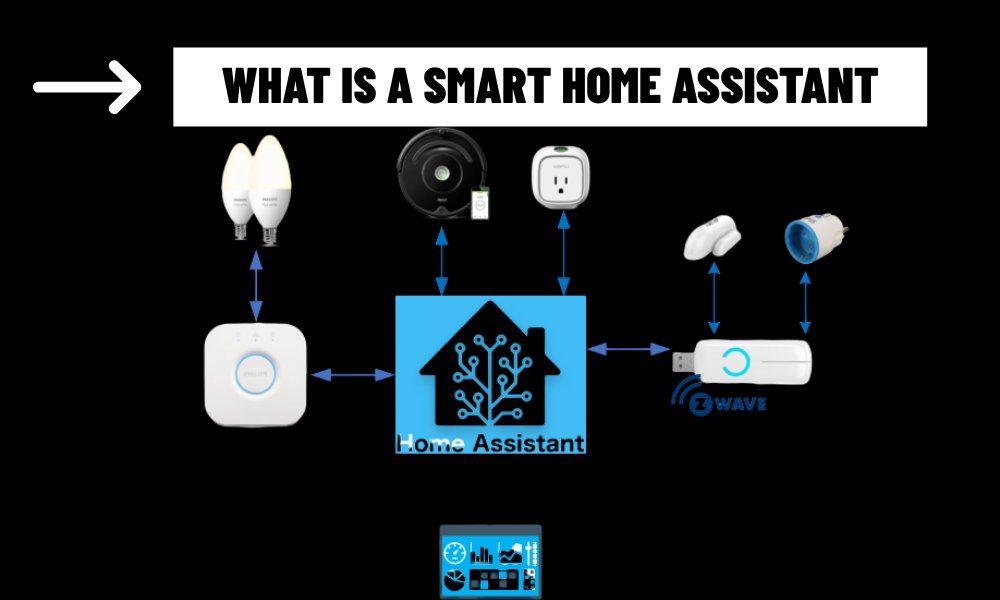In today’s rapidly evolving technological landscape, smart home assistants are transforming the way we interact with our living spaces. These AI-powered devices are not only making life more convenient but are also helping us create a more connected, energy-efficient, and secure home environment. Whether it’s adjusting your thermostat or answering questions, smart home assistants are becoming an indispensable part of the modern home.
What Exactly is a Smart Home Assistant?
A smart home assistant is an AI-powered tool that helps users control and manage various devices and systems within their home. These assistants can perform a range of tasks, from adjusting lighting and climate settings to managing entertainment systems and home security. At the heart of these systems is voice recognition technology, which allows users to issue commands without the need for manual intervention.
Most smart home assistants are integrated into devices like smart speakers, smart displays, or even smartphones, and are designed to provide a seamless experience across multiple platforms. For example, a voice assistant may work with your smart lights, smart locks, and home automation systems to provide full control of your environment.
Popular Smart Home Assistants in the Market
Amazon Alexa:
Alexa is known for its flexibility and compatibility with a wide range of smart home devices. From lights and security cameras to smart plugs and thermostats, Alexa connects with thousands of products, offering voice control, routines, and integrations with various services like Amazon Music and Prime Video.
Google Assistant:
Google Assistant works well within Google’s Home ecosystem and with Android devices. It integrates with Google services like Google Calendar and Google Maps to offer not just smart home control but also personalized reminders, travel updates, and real-time information.
Apple Siri:
Siri is Apple’s answer to smart home control. Integrated within Apple HomeKit, Siri allows users to control a range of smart devices via voice commands. Siri also offers excellent integration with other Apple products, providing a cohesive and streamlined experience for users invested in the Apple ecosystem.
Samsung Bixby:
Bixby, Samsung’s voice assistant, is tailored for Samsung devices and works with the SmartThings platform. While less popular than Alexa or Google Assistant, Bixby offers reliable smart home integration for Samsung users, enabling control over a variety of compatible devices.

Why a Smart Home Assistant is Essential for Modern Living
Smart home assistants are quickly becoming a must-have for anyone interested in optimizing their home environment. They offer several benefits that improve not only convenience but also energy efficiency, safety, and overall quality of life.
Voice-Activated Control:
A primary selling point for smart assistants is the ability to control devices with your voice. This hands-free control makes managing your home’s functions easier than ever, especially when you’re busy cooking, cleaning, or entertaining. Simply ask your assistant to adjust the temperature, turn off lights, or play your favorite song.
Automation:
Smart home assistants allow you to automate devices to run on a schedule. For example, you can set your smart thermostat to cool the house when you return from work, or program your smart lights to gradually brighten in the morning. This level of customization ensures your home operates in the most energy-efficient way possible.
Enhanced Security:
When integrated with smart security devices, a smart home assistant can significantly enhance the safety of your home. You can lock doors, view security camera feeds, or receive alerts in real-time when suspicious activity is detected. Many systems even allow you to control everything remotely, ensuring peace of mind when you’re not at home.
Energy Efficiency:
With the ability to manage energy-consuming devices like lights, thermostats, and appliances, smart home assistants help homeowners reduce energy waste. You can automatically adjust settings based on when you’re at home, ensuring that you’re not heating or cooling an empty house, or leaving lights on unnecessarily.
The Future of Smart Home Assistants
As smart home technology evolves, smart assistants are becoming more powerful and capable of handling increasingly complex tasks. Future developments may include enhanced AI capabilities, making these assistants more intuitive, predictive, and responsive to user needs. They will likely continue to integrate with more home systems, providing even greater levels of automation and control.
A smart home assistant is not just a tool for managing devices but a transformative force that is shaping the way we live in our homes. By integrating voice control, automation, and deep learning algorithms, these assistants are simplifying daily routines, increasing home security, and improving energy efficiency. With products like Amazon Alexa, Google Assistant, and Apple Siri, the future of smart homes looks brighter and more interconnected than ever before.

